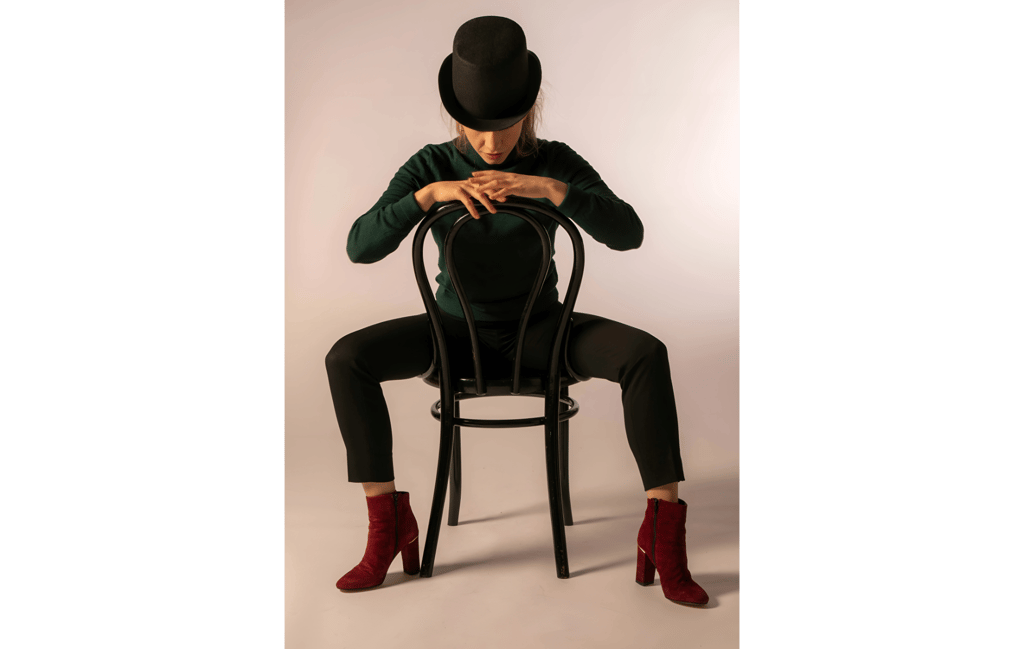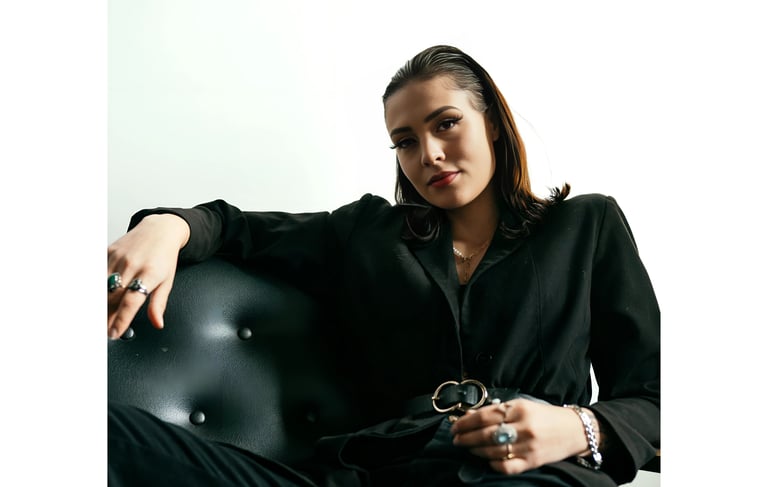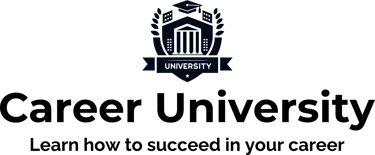Interview Deep Dive


General Interview Strategies
Visit the company's website to learn about their products, services, mission, values, and culture.
Read reviews from current or former employees, as well as industry reports and news articles.
Look for information on the role you're applying for, including responsibilities, qualifications, and key performance indicators.
Prepare thoughtful questions to ask during the interview, which would underline your interest in the company and role.
Appearance & Punctuality
General Punctuality:
Plan your commute in advance to ensure you arrive at least 10-15 minutes before the interview.
Scope out parking, bus / train routes a day or two before.
Allow time for unexpected delays or traffic jams.
Dress appropriately for the interview, even if it's a casual atmosphere.
General Appearance:
Wear clean, ironed clothes that fit well and are appropriate for the industry or company.
Pay attention to grooming details like hair, nails, and personal hygiene.
Avoid strong perfumes or colognes that might be overpowering, or distracting jewellery.
Dress casual conservative to be on the safe side, avoiding revealing, provocative or 'clubbing' clothing.


Non-Verbal Behaviours
We've all heard that communication is 80% or so non-verbal so where does that data come from:
Facial expressions - especially of emotion
Body language - but you need to know the person you're reading
Vocal tone, pitch and speech rate all change as our emotions change
Autonomic Nervous System (ANS) Activity
We offer a half-day workshop for anyone interested in studying this fascinating topic in more detail


Motivational Interview
Why this job and why this company?
Reflect on past work experiences that align with your values, goals, and focus.
Identify common themes or patterns across these experiences, such as teamwork, innovation, or customer-centricity.
Use this information to consider how you can apply your skills and values in a new role and company.
Research the company's stated values, goals, and focus areas, such as diversity and inclusion, sustainability, or innovation.
Identify which of these aligns with your own values, goals, and focus areas identified.
Show how your skills, experience, and personality align with the company's values, goals, and focus, demonstrating your enthusiasm for the role and organization.


The motivational interview is like 'an interview within an interview', where the company get to understand a little more about you personally and why you really want to work for them and why this job in particular.
It's useful to practice answers to multiple questions, but the trick is identifying the jo,b competencies first and then looking at what possible questions get asked for these competencies. Generally these can be figured out from the job ad or descrip[tion but once you have an interview booked for a job - I would suggest calling the people arranging the interview and asking what competencies beyond those specified in the job ad/description (briefly recap these) will be focussed on at interview?
Once you know the competencies against which you're being evaluated, check out the document below to work through questions you might get asked at a behavioural interview (used by Carnegie Mellon University). It's on Google cloud so a Google account may be required.
You can also download the document for easier navigation through the questions.
Behavioural Interview
CAR or STAR is the recommended approach when preparing to take a behavioural interview. These are acronyms for the structure one should adopt when presenting interview responses and preparing specific STAR or CAR examples in response to behavioural interview questions (such as the ones highlighted above). Developing these types of examples is the single most important thing you can do in preparing for an interview.


STAR Behavioral Interview Format:
S - Situation: Set the context for the story by describing the situation or scenario.
T - Task: Explain the specific task or goal you were trying to achieve.
A - Action: Describe the specific actions you took to address the task or goal.
R - Result: Share the outcome or results of your actions.
Example:
"S - During my previous role, I was responsible for managing a team project.
T - Our task was to deliver a high-quality report within a tight deadline.
A - To achieve this, I prioritized tasks, delegated responsibilities to team members, and stayed in close communication with the stakeholders.
R - As a result, we successfully delivered the report on time, and received positive feedback from the client."
CAR Behavioral Interview Format:
C - Context: Set the context for the story by describing the situation or scenario.
A - Action: Describe the specific actions you took to address the situation.
R - Result: Share the outcome or results of your actions.
Example:
"C - In my previous role, I was part of a cross-functional team tasked with improving customer satisfaction.
A - To achieve this goal, I actively listened to customer feedback and worked closely with colleagues from other departments to implement changes.
R - As a result, we saw a significant increase in customer satisfaction ratings, and received positive recognition from the company's leadership."
Preparing Behavioral Examples:
Review your past experiences and accomplishments to identify specific stories that demonstrate your skills and values.
Use the STAR format to structure your responses, focusing on the situation, task, action, and result.
Prepare 4-5 behavioral examples in advance, tailored to the job description and requirements.
Practice sharing these stories with a friend or family member to refine your delivery.
Preparing "Negative" Examples:
One of the fastest ways for an interview to go South is when you're asked about a time when things didn't go well or work out for you, or alternatively, you're asked to describe a weakness. Accordingly you panic and retell an absolute horror-show of an experience which left a string of broken relationships and a bill or company loss which would lead even the most laid-back accountant to tears. So definitely have a couple of these in the chamber ready to fire off at a moment's notice, but follow these guidelines for best practice in this area:
For a negative example, try to present something which you were able to at least partially salvage, and what you learned (see next point also).
If not, prepare an example to walk through, where despite your, and the team's (if applicable), best efforts you couldn't avoid the outcome or mitigate the impact BUT you learned an enormous amount which you were able to apply later - go on to specify how you applied that learning later
Avoid examples with large loss or downtime, or examples that are overly colourful, because they may be a little too memorable for the interviewer later
Share these stories with a friend or family member to get feeback on appropriateness, risk, commercial sensitivity etc.
Questions for you to ask
Depending on the stage of the interview (beginning, middle or end), you are asked for your questions, you might explore the following:
Use your queston time to revisit any area in the interview you think didn't go so well and ask a question that allows you to revisit your response. For example, asking "what's your most important value and how is it lived at the company?", allows you to revisit an earlier question about values, once the person responds. In this case something like: "that's interesting because that value was a hallmark of my time at my last company, and in addition to what I said earlier, [value] was demonstrated in a number of ways: xyz..
A similar question might be "Can you describe the typical work environment and company culture?".
Ask about what success looks like at the company and what are their expectations about the achievable goals that the successful candidate might achieve in the first six months.
Can you walk me through a typical day in this role, and what are the most important tasks and responsibilities?
How does this job contribute to the team's or department's goals, and what impact can I expect to make?
What are some of the cooler projects or initiatives that I would be working on in this role?
What opportunities are there for professional growth and advancement within the company?
Be careful discussing advancement at this stage as you need to balance your motivation and satisfaction for performing in the role for which you are interviewing, before getting too ahead of yourself with the next role - but still, showing a desire to grow with the company is also admirable, so balance the two.
How has the company supported your (the interviewer's) career development, and "what benefits have you enjoyed the most - if that's not too personal?"
Are there opportunities to take on additional responsibilities or lead projects? Again this should be framed similarly to the advancement question, and in the context of having proven yourself first and then taking on more while continuing to really deliver on your current responsibilities.
Questions on employee hygiene areas:
What are the typical hours of work, and is there flexibility to adjust my schedule as needed?
Are there any benefits or programs that support work-life balance, such as telecommuting or flexible scheduling?
How does the company prioritize employee well-being and mental health?
Interview Do's & Don'ts
There are certain no-go areas in interviewing (beyond the legal stuff like age, gender, orientation, race, and religion). There are other behaviours and responses which just smack of desperation and should also be avoided. And then there's the down-right odd idiosyncratic stuff that every recruiter and coach worth their salt has seen.
For example, I've had a candidate conduct the entire interview with their palm covering their face, and another candidate when I asked if they had any questions, asked if the company I represented had a regular sausage sizzle after work finished.


Beyond the obvious and not-so-obvious interview heroics and faux-pas one can commit, the following is submitted for consideration by anyone planning and preping for a job interview:
Do's
Do be authentic and genuine. Don't pretend to be someone you're not - it will come out later to everyones' embarassment.
Do show don't tell - instead of simply stating your skills or qualifications, provide specific examples that demonstrate them
Do use the CAR or STAR method to help you do this
Pick STARs and CARs that highlight and allow you to articulate your achievements and how they benefited the organization.
Prepare thoughtful questions to ask the interviewer about the company and position.
Show your interest in the organization and willingness to learn more.
Avoid asking questions that can easily be answered by doing research on the company's website or other public sources.
Make sure your shoes are polished and in good condition.
Prepare, Prepare, Prepare
Research the company, its products/services, mission, values, and culture.
Review the job description and requirements to understand the skills and qualifications needed for the role.
Prepare specific examples of your achievements and how they relate to the job's responsibilities.
Practice answering common interview questions.
Don'ts
Don't share commercially sensitive information such as revenue, profit, margins, client fee structures etc. from previous companies. It's not the done thing in business and also raises serious integrity issues for you as a candidate.
Don't ask about salary until it's brought up by the employer during a client interview.
Avoid talking negatively or speaking unconstructively about previous employers, coworkers, or past experiences.
In fact, don't be negative or complaining at all: Focus on what you can do to solve problems rather than dwelling on what's wrong.
Don't use slang or overly casual language: Use professional language and avoid using phrases like "no worries" or "whatever."
Fail to follow up: After the interview, send a thank-you note or email within 24 hours to show your appreciation for the interviewer's time.
Don't show up without having researched the company, practiced common interview questions, or brought copies of your resume and references - you might not need all these now but it's always good to be able to produce them on demand.
Remember, these are general guidelines, and it's essential to tailor your approach to the specific job, company, and industry you're applying to.
Also bear in mind that the inteview questions are meant to be conversation starters, not interrogations! The goal is to showcase your capabilities and experiemce, interest in the company and role, while also gathering valuable information to help you decide if it's a good fit for you.
Post Interview
Explore the next steps in the hiring process, and when can you expect to hear back ?
Any specific requirements (e.g. psych testing) or training programs that you need to complete before starting work?
Confirm availability of your referees (only if asked)
Clarify if there's a trial period or probationary period for new employees, and what are the expectations during that time?


Unsuccessful Interview Outcomes
If you are notified that you have been unsuccessful following the interview, most of the time you will hear that other candidates were more aligned with the competencies or selection criteria for the role. Nonetheless, you should respectfully seek feedback on where these specific gaps were - i.e. what competencies? This should ideally be conducted via phone or meeting but alternatively a polite text or email to set something formal up is a good idea.
Go with your style, but I would strongly suggest a polite and fair message which includes somethink like:
"I understand and accept the selection decision that you've made, but I would love to apply for future similar roles at your company because I greatly appreciate x,y,z, about the opportunities here, and admire your company, its mission and values. Therefore it would be really helpful to know in which specific areas I can improve or develop additional skills."
Don't be a pest but follow up a couple of times if you don't hear back within a week or so, and if you don't hear back after this then perhaps consider whether this is a company or agent with whom you want to deal in the future.
